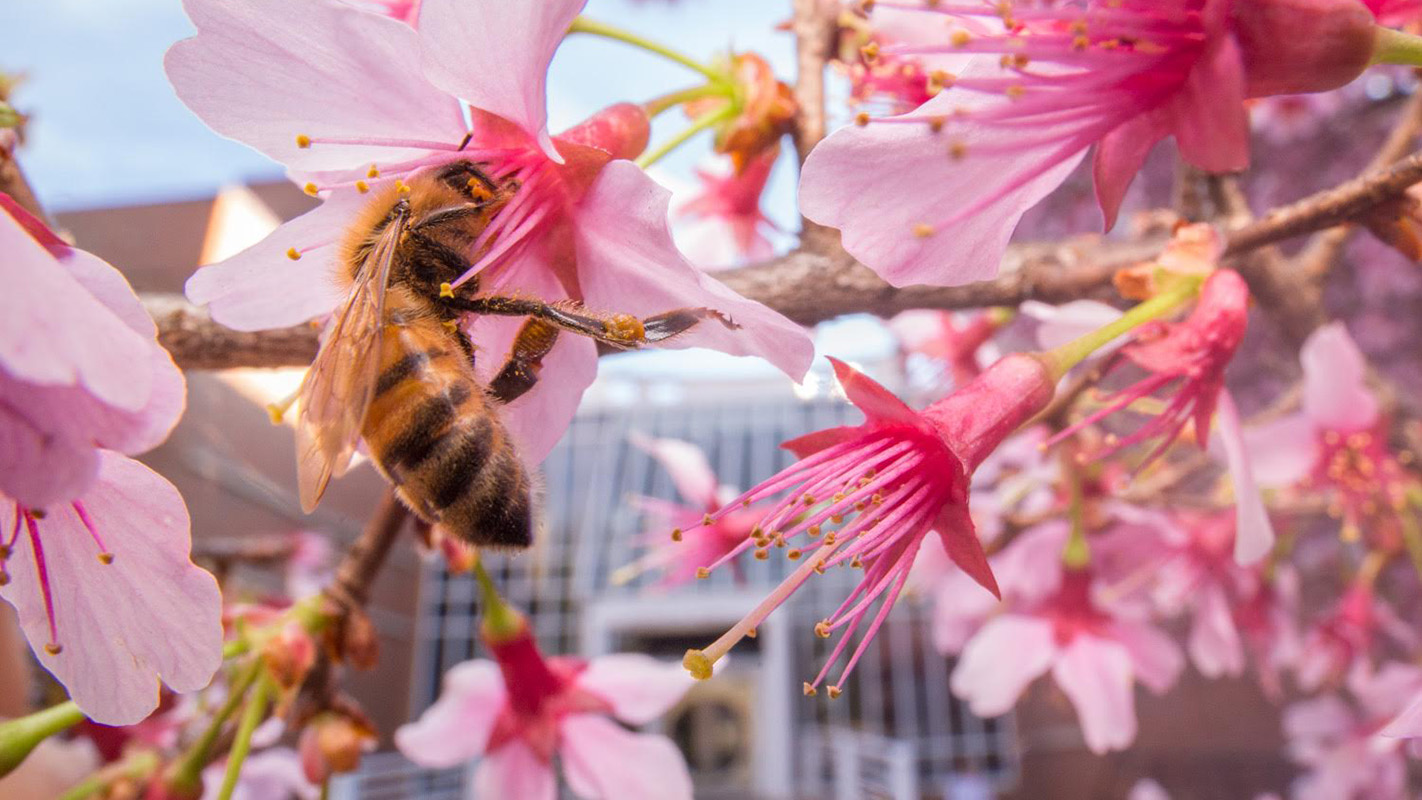entomology
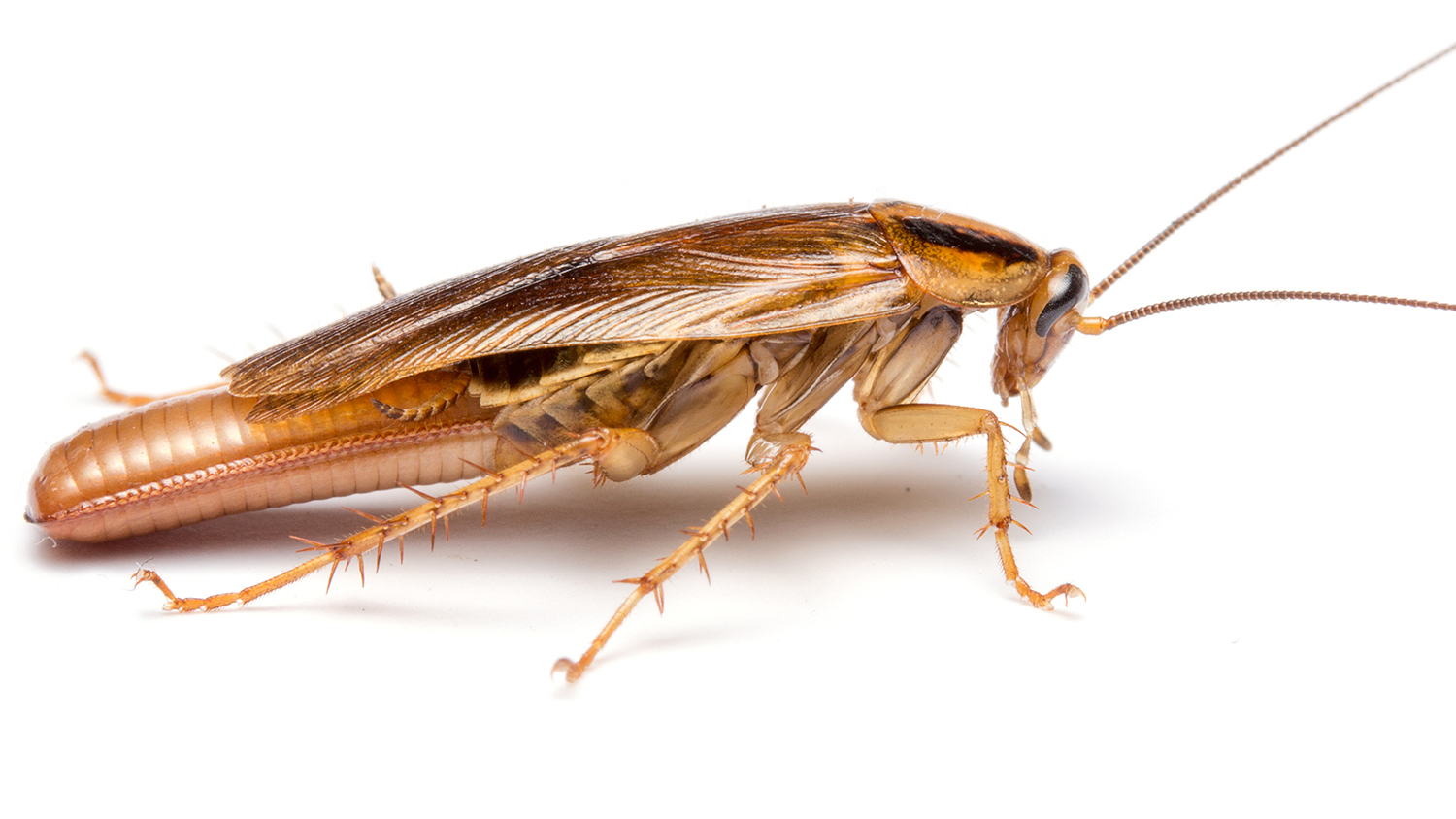
How Solitary Cockroaches Gave Rise to Social Termites: Tales from Two Genomes
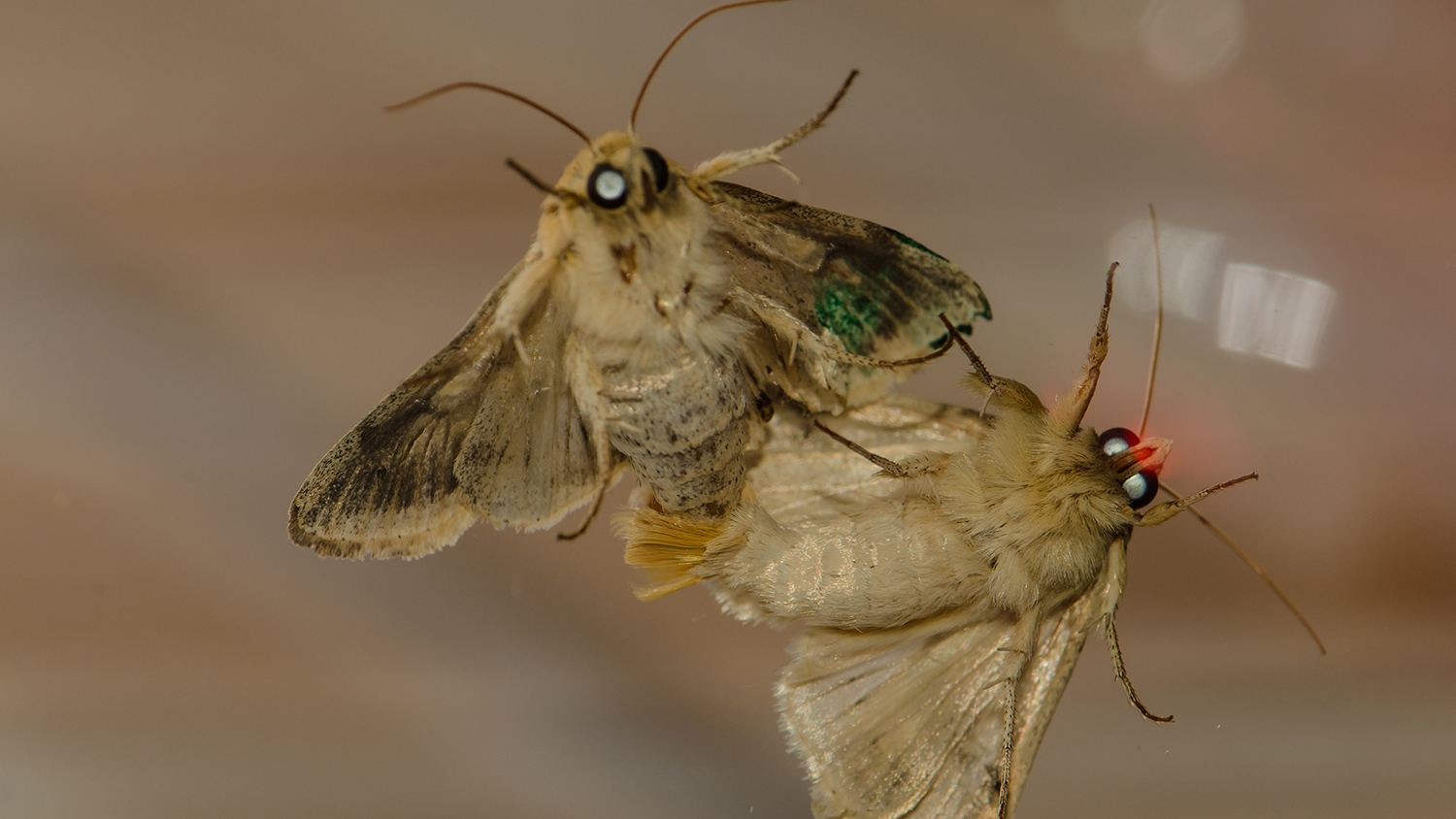
Get a Little Closer: Moth Females Use Scent Proximity to Attract Mates
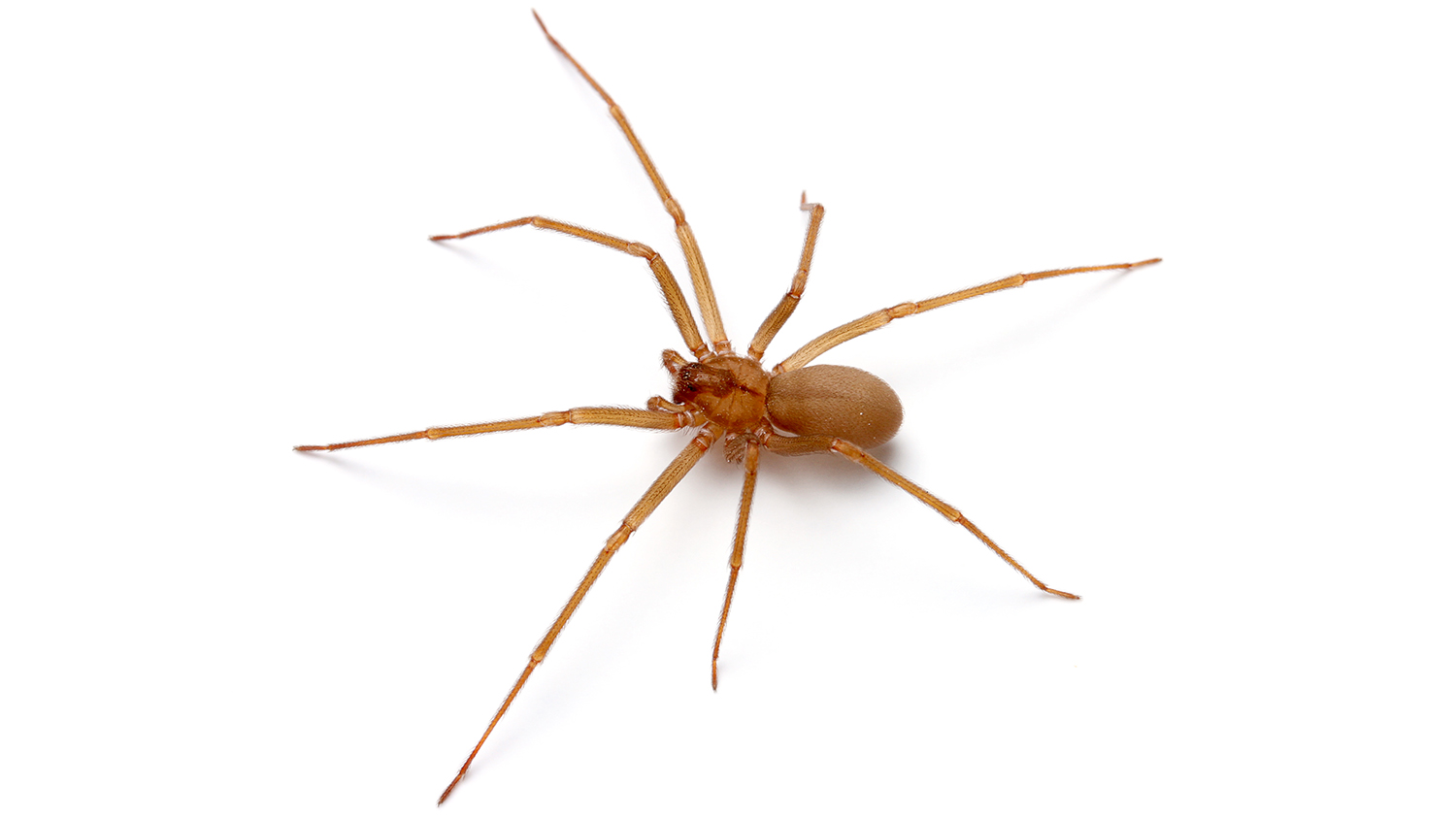
Recluse or Not? Scientists Use Twitter to Tackle Spider Questions
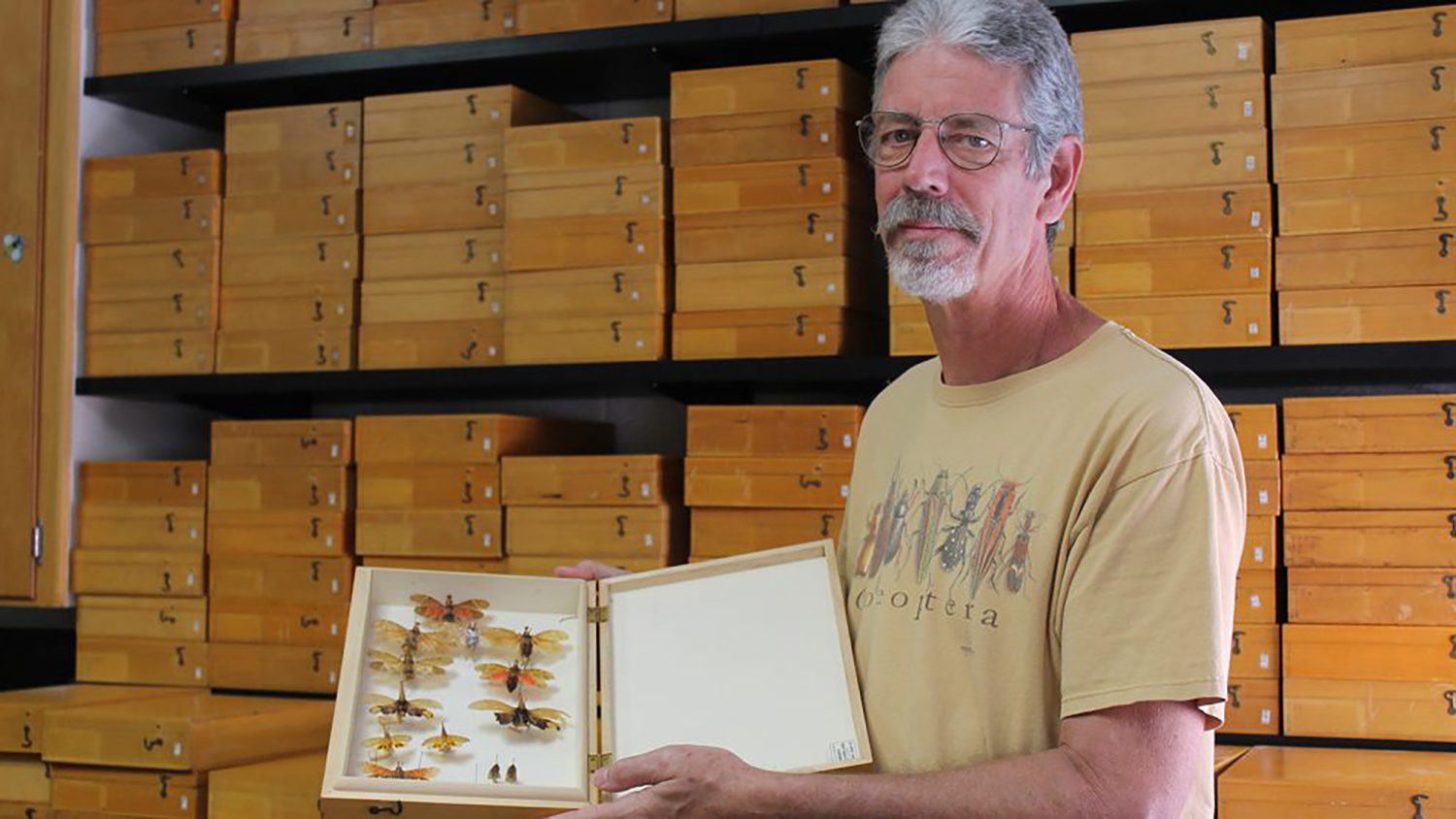
Buggin’ Out: NC State’s Insect Museum Grows
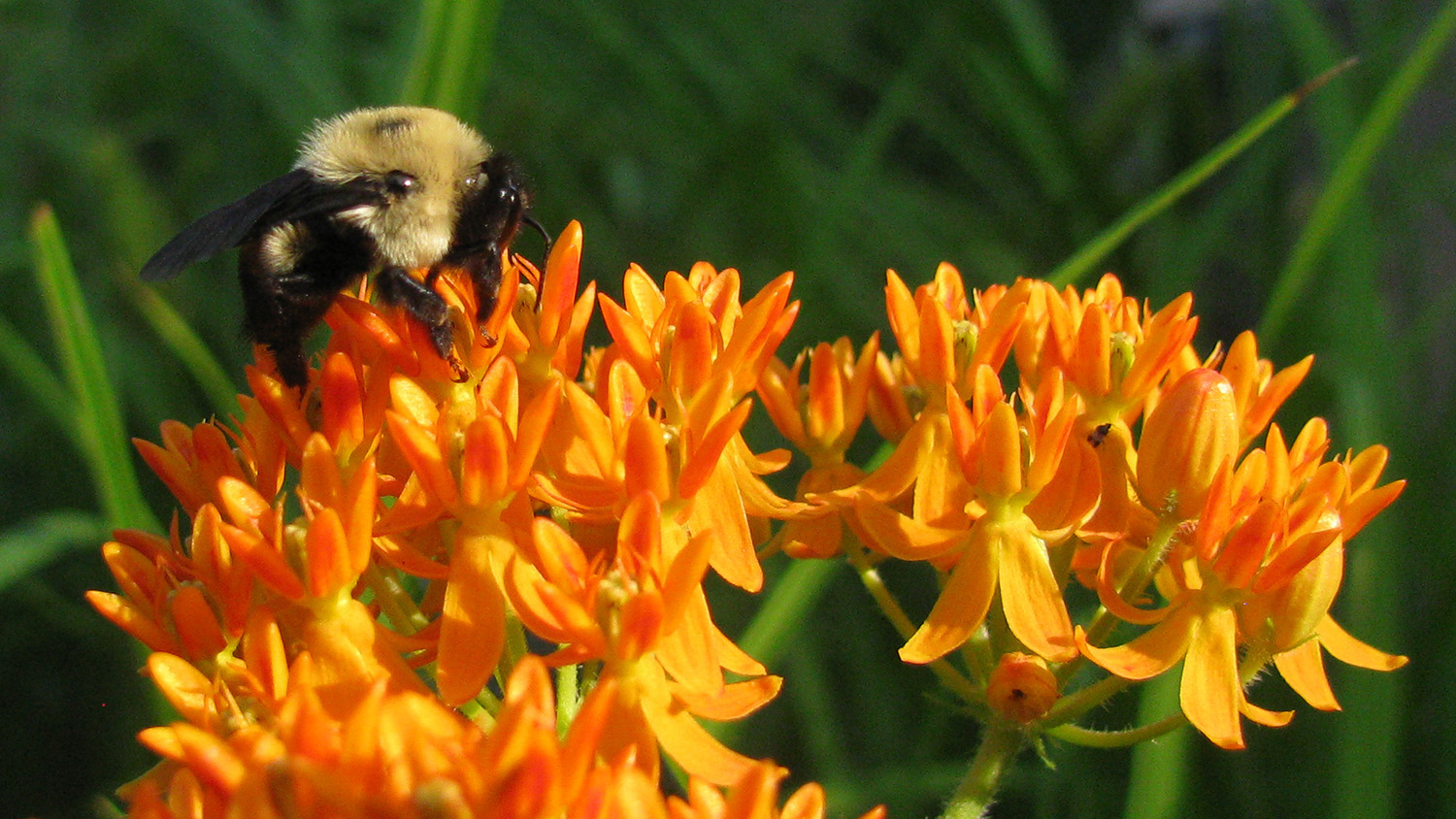
Hot Cities Spell Bad News for Bees
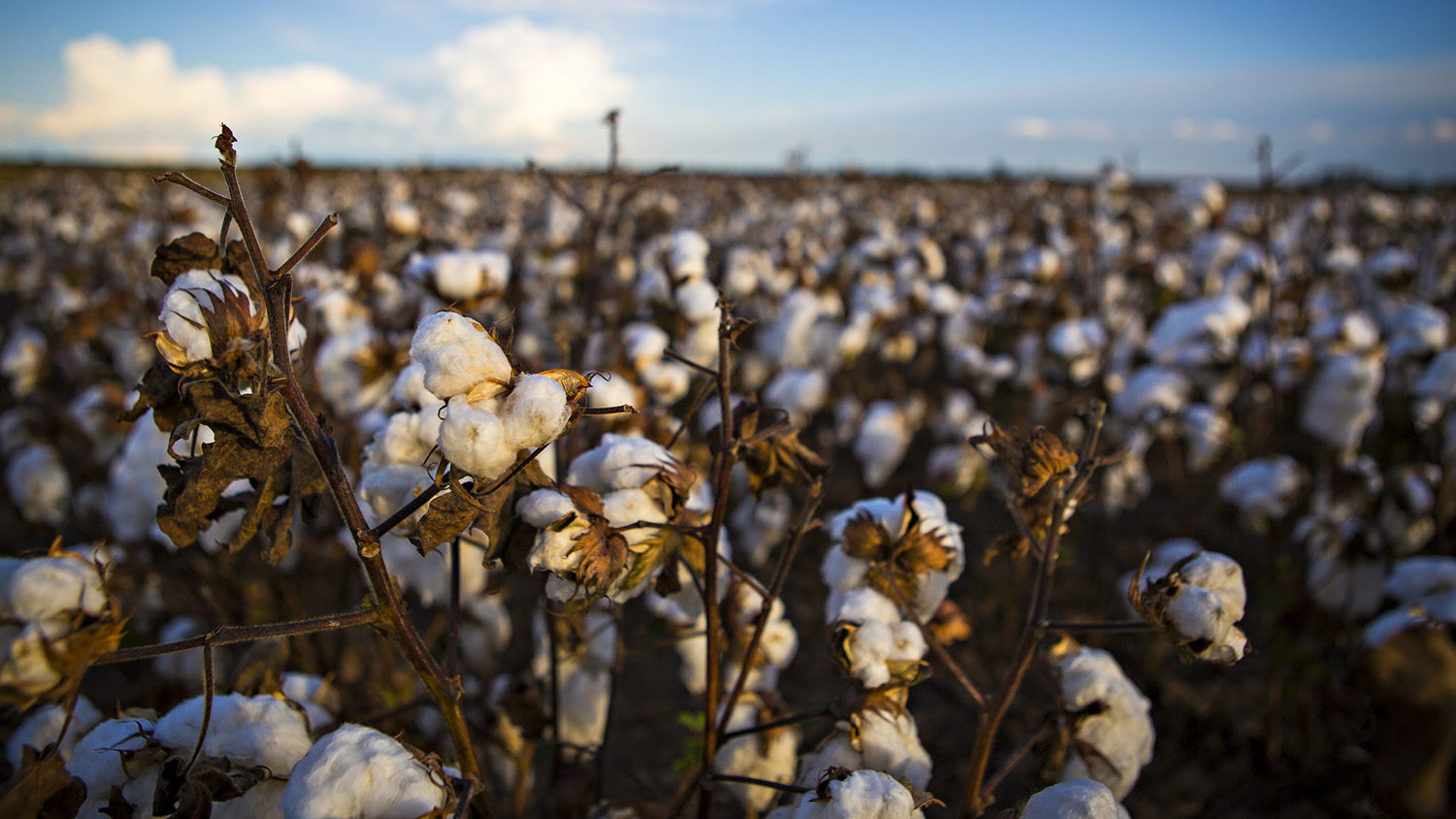
The Boll Weevil War, or How Farmers and Scientists Saved Cotton in the South
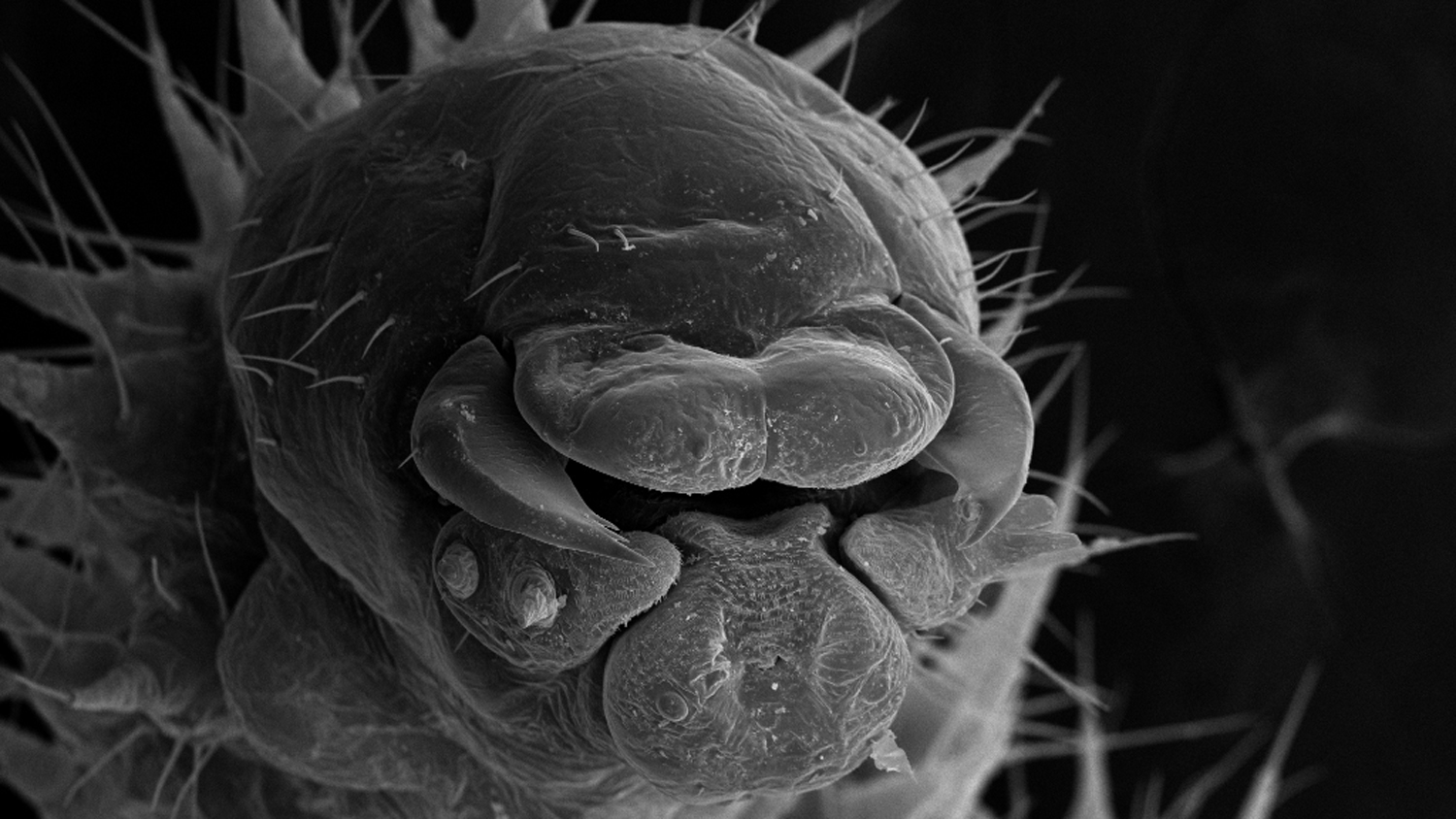
Research Yields New Details About Trap-jaw Ants – and They Look Amazing
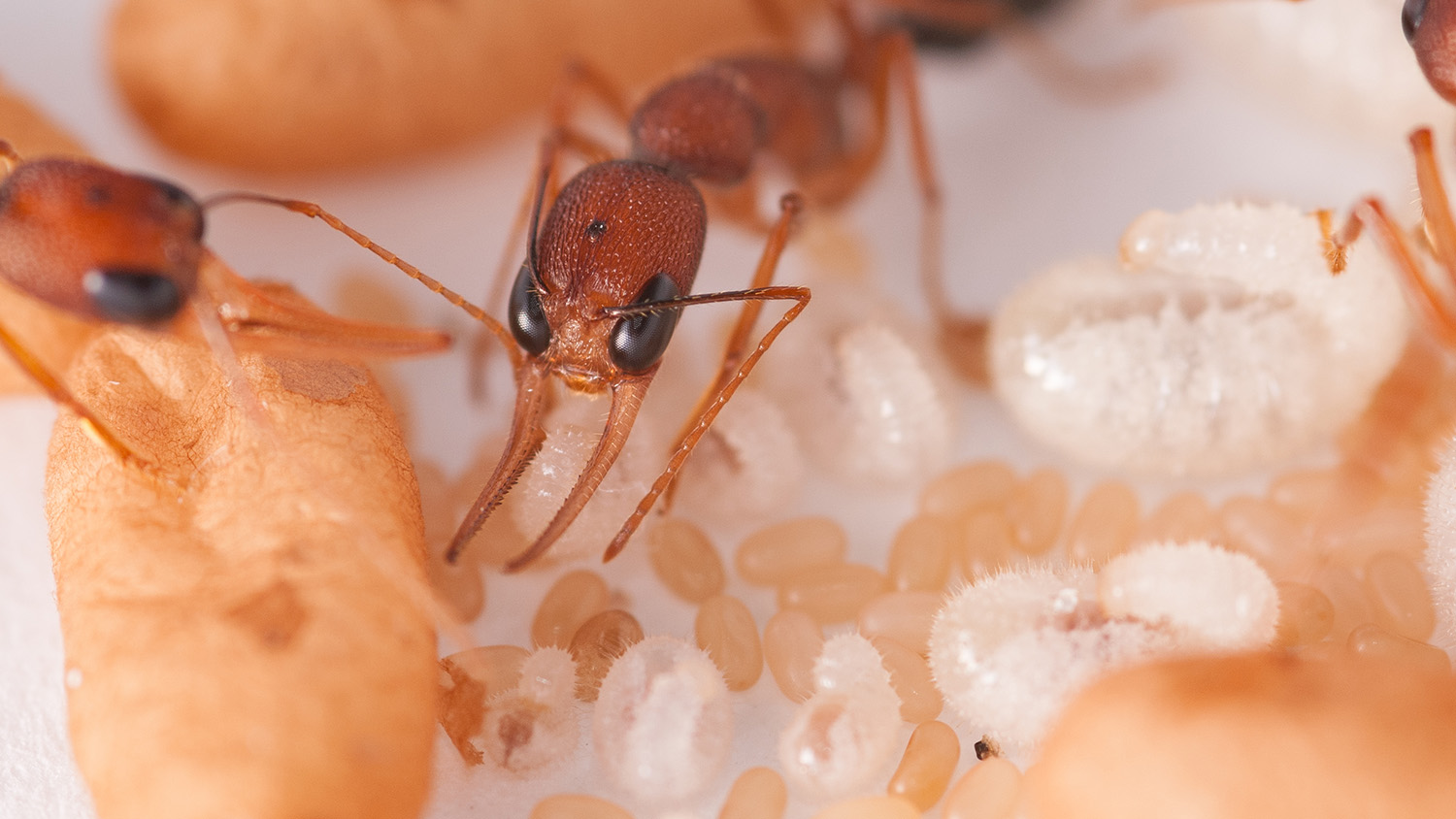
‘Princess Pheromone’ Tells Ants Which Larvae Are Destined to Be Queens
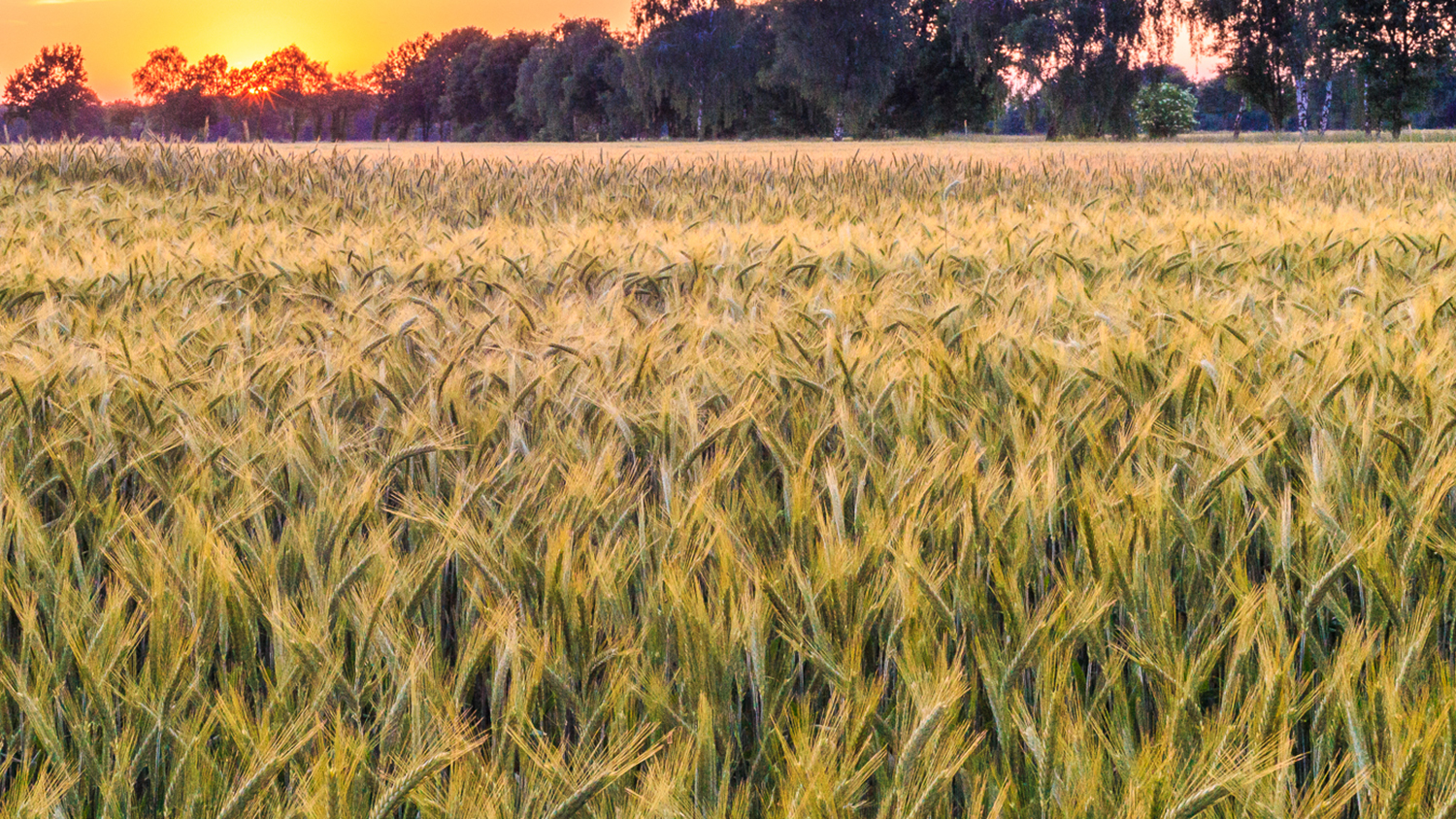
Study IDs Ways to Encourage ‘Refuge’ Planting, Slowing Resistance to Bt Crops
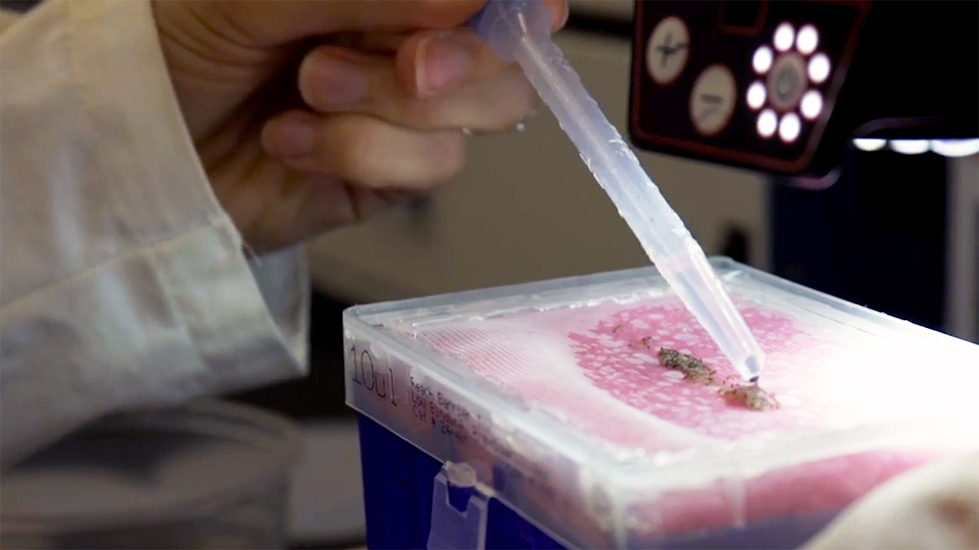
Engineering a New Mosquito
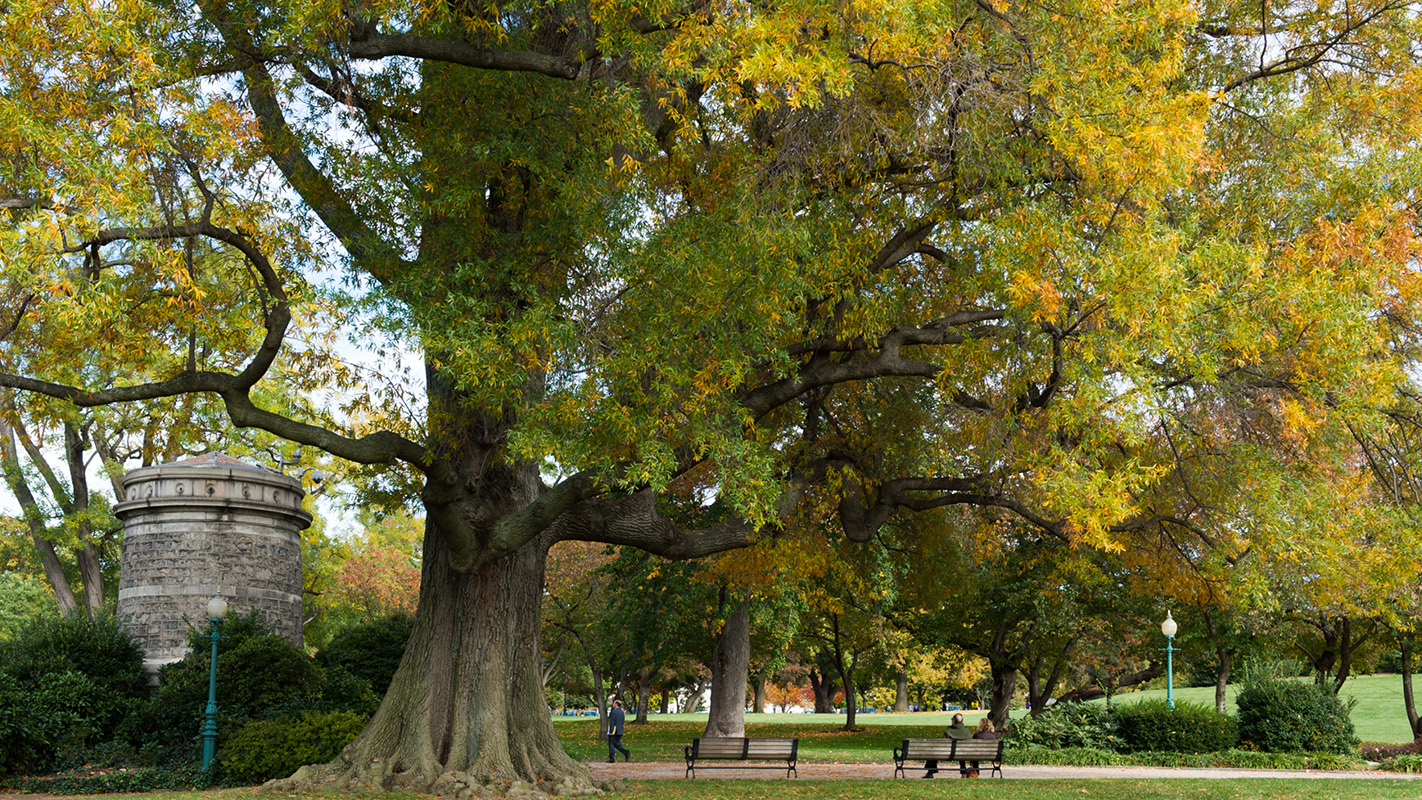
Urban Warming Slows Tree Growth, Photosynthesis
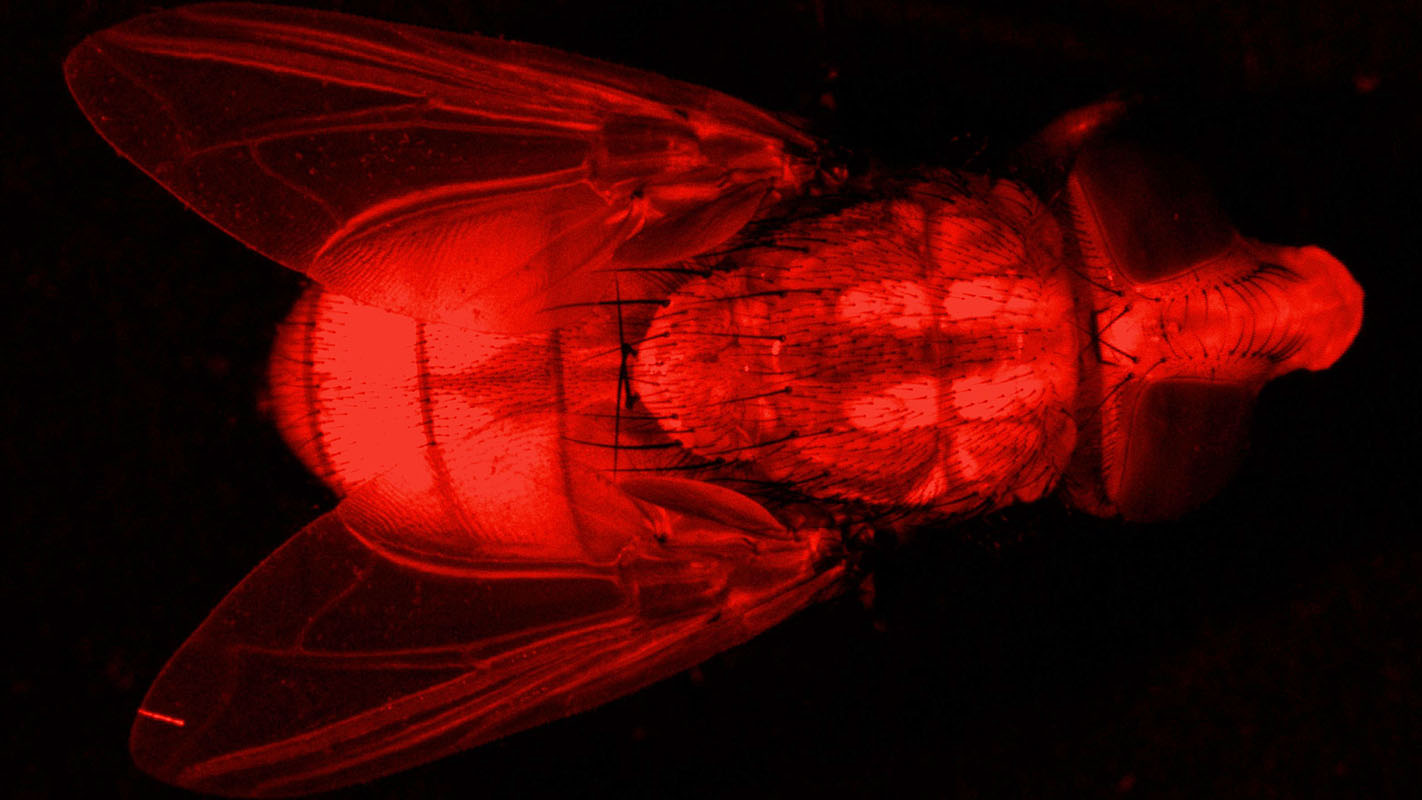
It’s a Boy: Modified Male Flies Could More Efficiently Control Screwworm Population
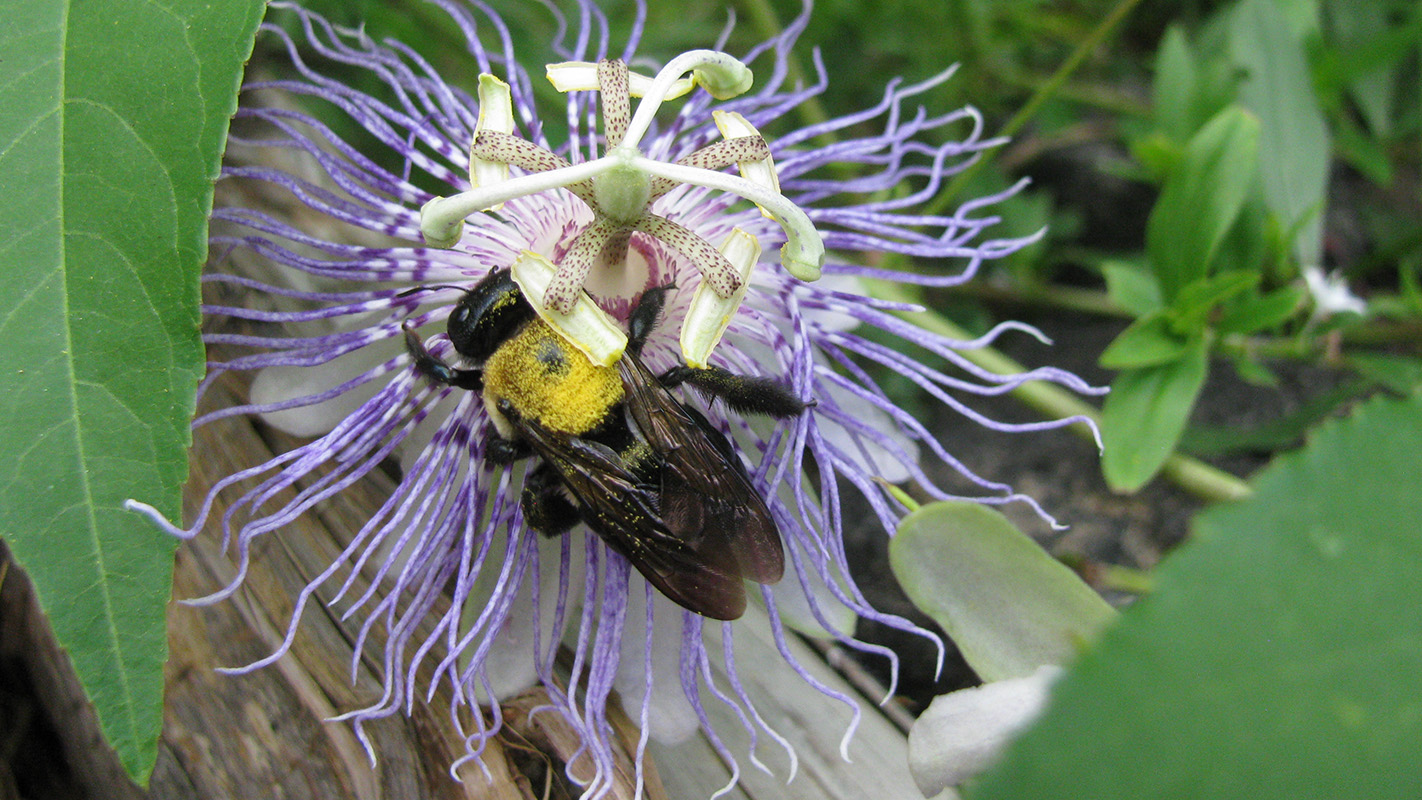
Expanding Outreach to Support Bees and Other Pollinators
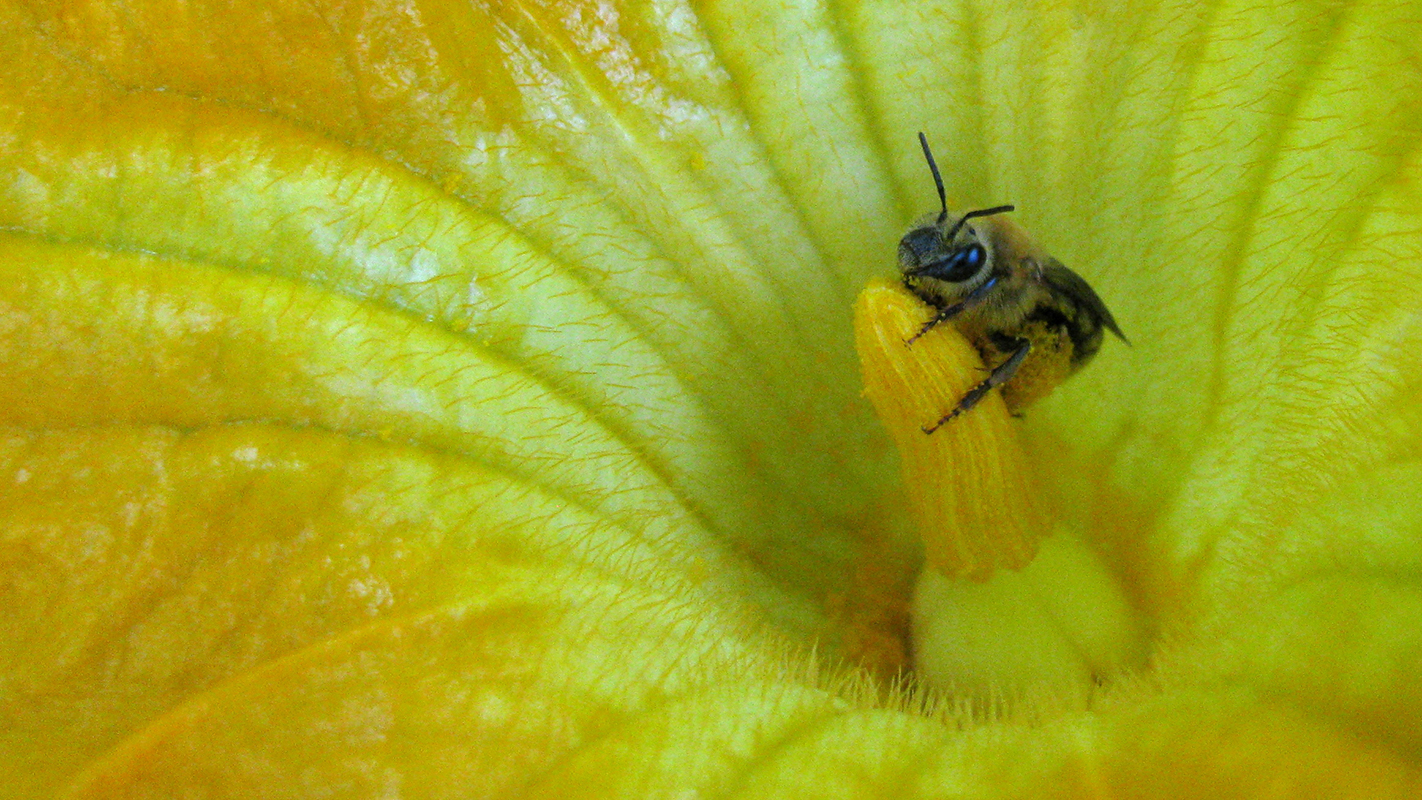
How Native American Agriculture Spread Bees in Pre-Columbian North America
